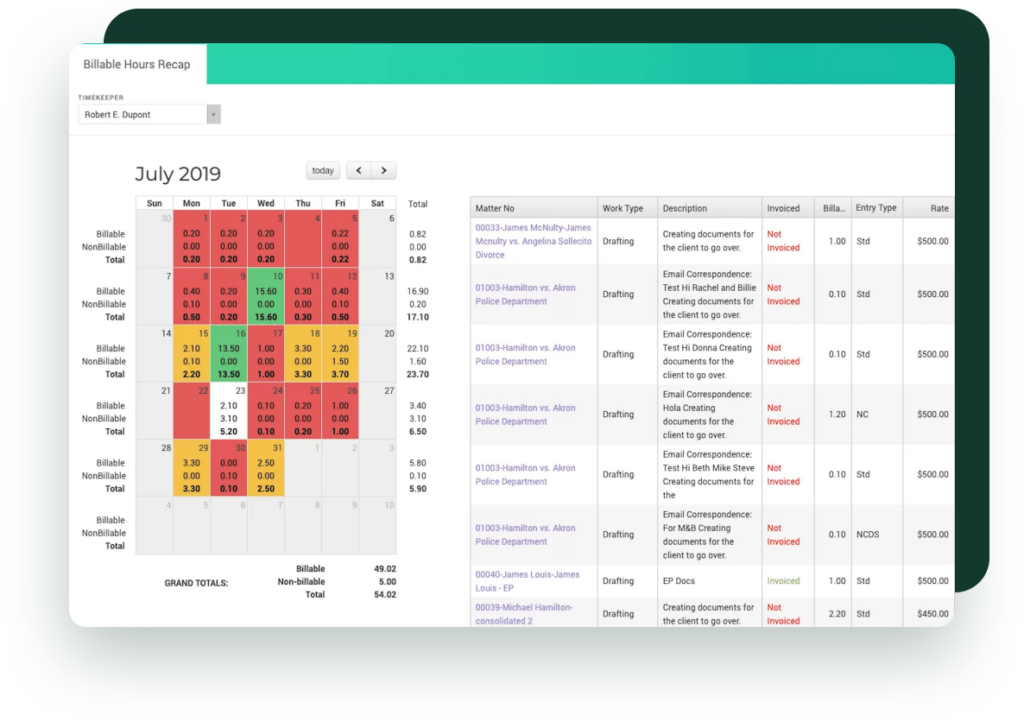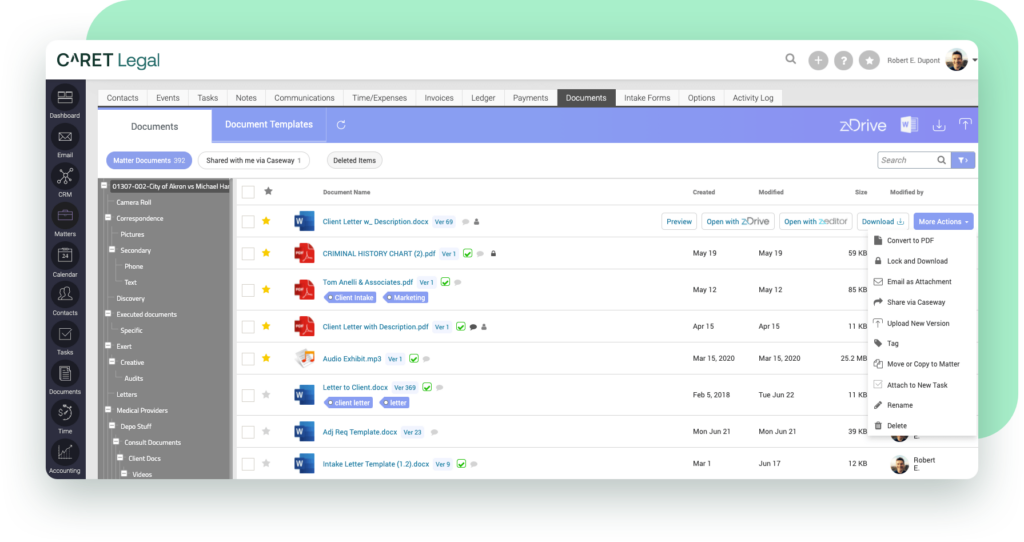The relentless pursuit of billable hours in the legal profession often leads to overwork and burnout, undermining lawyers’ well-being and job satisfaction.
The pressure to accumulate billable hours is a persistent challenge, affecting lawyers’ work-life balance, mental health, and overall job satisfaction. This intense focus on quantifying productivity through billable targets often leads to overwork, stress, and burnout, with lawyers finding themselves submerged in administrative tasks and complex casework that extends well beyond the conventional workday.
What are the Common Challenges with Work-Life Balance in the Lega Profession?
Achieving a better work-life balance can be a major challenge for lawyers, as they often face long hours, high stress, and demanding clients. The legal profession is known for its competitive nature, and lawyers often struggle to manage their personal and professional lives.
Legal Week, which conducted a survey of senior lawyers at major firms in the U.K. and United States, found that “more than 10 percent of the lawyers said they work 70 hours or more in an average week; 34 percent work 60 hours or more; and 75 percent work 50 hours or more.”
Establishing a healthy work-life balance is necessary for lawyers to maintain their overall well-being, job satisfaction, and career longevity. By prioritizing self-care, setting boundaries, and managing their time effectively, lawyers can achieve a better work-life balance and improve their quality of life.
Understanding the Pressure of Billable Hours
The concept of billable hours is a double-edged sword. On one hand, it’s a measure of a lawyer’s productivity and a key revenue driver for law firms. On the other hand, the constant pressure to meet high billable hours targets can lead to lawyers feeling overwhelmed, which affects both their professional and personal lives.
Maintaining a healthy balance between work and personal life is necessary to prevent burnout.
High Pressure and Work-Life Imbalance
Lawyers are often under constant pressure to bill a certain number of hours each year. Oftentimes, that billable hour number isn’t even realistic.
| Weekly Billable Hour Target | Common Effects on Lawyers | Potential Outcomes |
|---|---|---|
| 40–50 hours | Manageable for most lawyers | Balanced workload, achievable targets |
| 50–60 hours | Rising stress levels | Reduced personal time, early signs of burnout |
| 60–70 hours | Work encroaches on evenings/weekends | Frequent overtime, strained relationships, fatigue |
| 70+ hours | High risk of burnout and dissatisfaction | Decline in mental health, career questioning, possible attrition |
This culture of long hours and extended hours is not just a professional challenge, but a personal one too, leading to work-life imbalance. The pursuit of billable hours can become so consuming that lawyers often work late into the night, sacrificing weekends, family time, and personal pursuits just to meet their targets. This can lead to feelings of guilt, resentment, and frustration, further adding to their stress levels.
Excessive work can diminish personal well-being and productivity, making it essential to ensure that lawyers have enough free time to recharge and maintain a positive work environment.

Billable Hours Recap report in CARET Legal
Exhausting Case Work
Consider, for instance, a lawyer handling a complex litigation case. They might have to spend countless hours reviewing documents, researching case laws, drafting pleadings, and preparing for depositions. Unpredictable scheduling and last-minute changes related to court appearances can add to the mental exhaustion of handling such cases. These tasks are not only time-consuming but also mentally exhausting. After a long day of work, they might still be unable to switch off, as their mind continues ruminating over the case.
Stressful Mergers and Acquisitions
Or take the example of corporate lawyers and other legal professionals working on a major merger or acquisition. The sheer volume of due diligence required can mean weeks or even months of late nights and weekends spent poring over contracts and legal documents. The pressure to meet billable hours targets can often mean that lawyers are working in a state of constant stress and fatigue, which can take a toll on their health and well-being.
Acknowledging the need for change, the legal industry is increasingly turning towards technological solutions to address the deep-rooted issue of inefficiency and overwork.
Questioning the Profession
In this high-pressure environment, even the most passionate and dedicated lawyers can find themselves questioning their choice of profession. The relentless pursuit of billable hours can negatively impact mental wellness, leading lawyers to question their career choices. This can lead to a loss of job satisfaction, a decrease in the quality of work, and even talented lawyers leaving the profession.
Establishing Boundaries
Establishing boundaries is integral for lawyers to maintain a healthy work-life balance. This includes setting clear boundaries with clients, colleagues, and family members to protect personal time and energy. Lawyers should learn to say “no” to non-essential tasks and commitments that can interfere with their personal life. By setting boundaries, lawyers can reduce stress, increase productivity, and improve their overall well-being.
It’s also important for lawyers to establish a clear distinction between their work and personal life, including designating a specific workspace and avoiding work-related activities during personal time. Effective time management and prioritization are also critical in establishing boundaries, as lawyers need to focus on the most important tasks and delegate or defer less critical ones.
Seeking Solutions in Technology
Acknowledging the need for change, the legal industry is increasingly turning towards technological solutions to save time by automating repetitive tasks and streamlining workflows. Among these solutions, legal practice management software emerges as a promising pathway, offering tools designed to streamline workflows, automate repetitive tasks, and free up valuable time for lawyers.
Decoding the World of E-Billing
Download our whitepaper Decoding the World of E-Billing for a detailed explanation on when to use LOC and LEDES billing, and more.

A Glimpse Into CARET Legal’s Approach
CARET Legal’s practice management software exemplifies how technology can be leveraged to alleviate the pressures associated with billable hours. By automating administrative duties and simplifying case management, the platform enables lawyers to focus more on engaging in meaningful legal work and less on time-consuming tasks. CARET Legal’s features also allow lawyers to allocate specific periods for focused work, thereby improving productivity and work-life balance. Features like automatic task creation, calendar scheduling, and document management work collectively to enhance productivity and efficiency, providing lawyers with more control over their schedules and a clearer path to achieving work-life balance.

Keep your whole firm organized with advanced document management
The Broader Impact
The integration of such technology into daily legal practice holds the potential not just to improve operational efficiency but also to fundamentally shift the work culture in law firms. By reducing the time spent on administrative tasks, lawyers can reallocate their focus toward client service, strategic thinking, and professional development, which are crucial for personal satisfaction and career growth.
Overcome the Challenges of Billable Hours
The relentless pursuit of billable hours in the legal profession often leads to overwork and burnout, undermining lawyers’ well-being and job satisfaction. Embracing flexible hours can help lawyers manage their workloads more effectively and achieve a healthier work-life balance. Embracing technological solutions like CARET Legal’s practice management software is crucial for mitigating these challenges.
By automating time-consuming administrative tasks and streamlining workflows, CARET Legal enables lawyers to focus on meaningful legal work and maintain a healthier work-life balance. This shift towards leveraging technology not only enhances operational efficiency but also marks a significant step towards a more sustainable and fulfilling practice of law, where success encompasses both professional achievements and personal well-being.
Don’t let billable hours weigh you down. Increase your efficiency and create a work-life balance for your team. Schedule a free demo of CARET Legal today!
